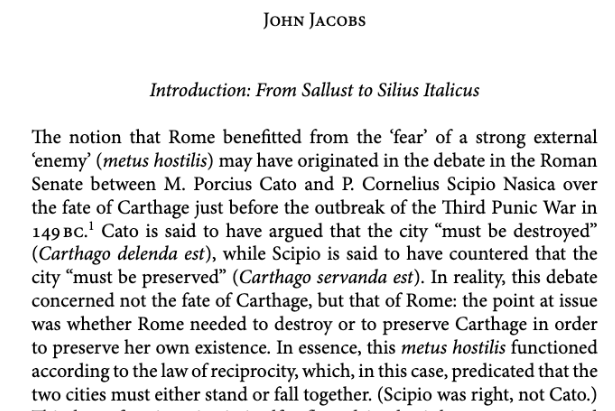(no subject)
Feb. 1st, 2020 09:13 amBook- based research is free of risk and hardship—or at least it is if you ensure that you find yourself either a city where there are plenty of historical works available, or a nearby library. Then all you have to do is recline on a couch while carrying out your research and collating the statements† of earlier writers, and there is no hardship involved in that. But although investigative work involves a great deal of discomfort and expense, it has a great deal to offer in return; in fact, it is the most important thing a historian can do.
--- Polybius, The Histories.
This is a good insight that helps understand why and where the internet (and TV) promotes knowledge vs conspiracy theories.
